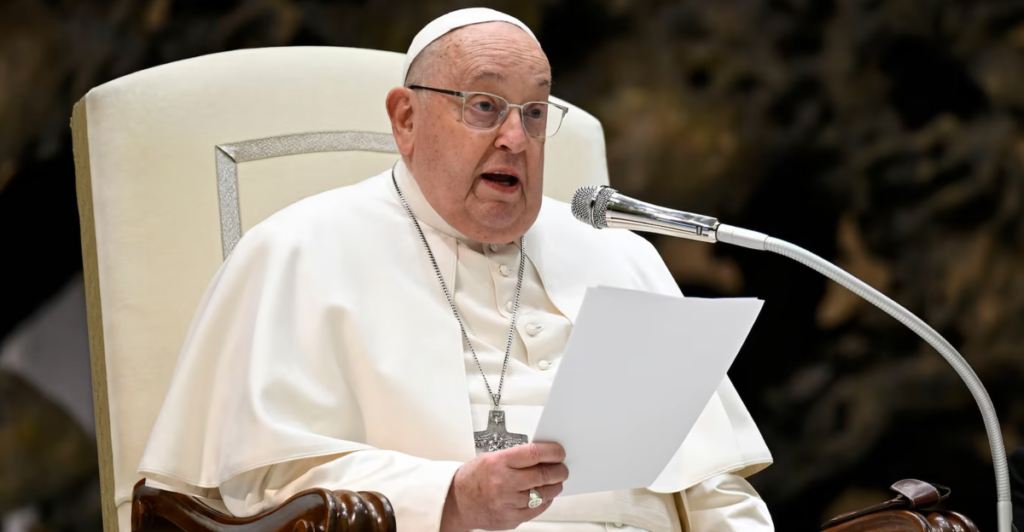
Pope Francis not only addressed Catholics—he addressed all of Earth’s inhabitants. With urgency and passion, he became one of the world’s most outspoken voices of morality today.
His encyclicals about climate change, biodiversity, and justice for generations to come had nothing to do with religion. Whether guiding world leaders or writing in encyclicals, the Pope reminded human beings of their God-given responsibility: stewardship, not power. But what did he actually announce? Why did environmentalists and even UN officials greet him as a “global champion”?
And what does he leave behind for Earth’s animals, forests, oceans, and people? Buckle up—his message had the potential to shake your perception, just as it rocked the corridors of power.
The Heart of Laudato Si’
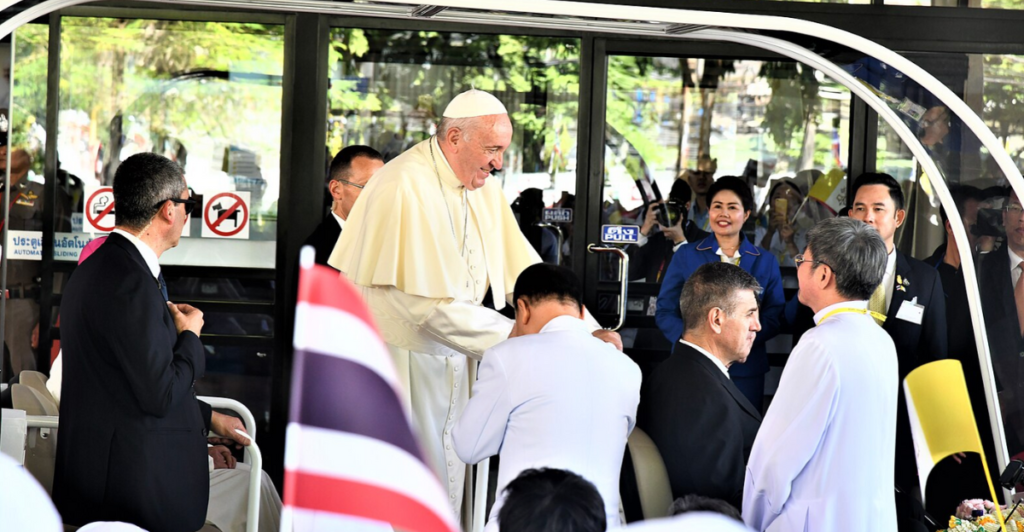
In 2015, Pope Francis published Laudato Si’, an encyclical that reads more like a love letter to the Earth and a cry for justice. It criticized rampant consumerism and framed environmental neglect as a moral failure.
He warned that the climate crisis was not just scientific—it was social, economic, and deeply spiritual. “We are not God,” he wrote, condemning humanity’s exploitation of nature. The encyclical urged people to live in harmony with creation and protect the poor, who suffer most from climate disasters.
It sparked global dialogue—so much that even secular scientists praised its scope. Laudato Si’ set the stage for a faith-based climate movement, connecting ecology with ethics like never before.
Climate Action as a Sacred Duty
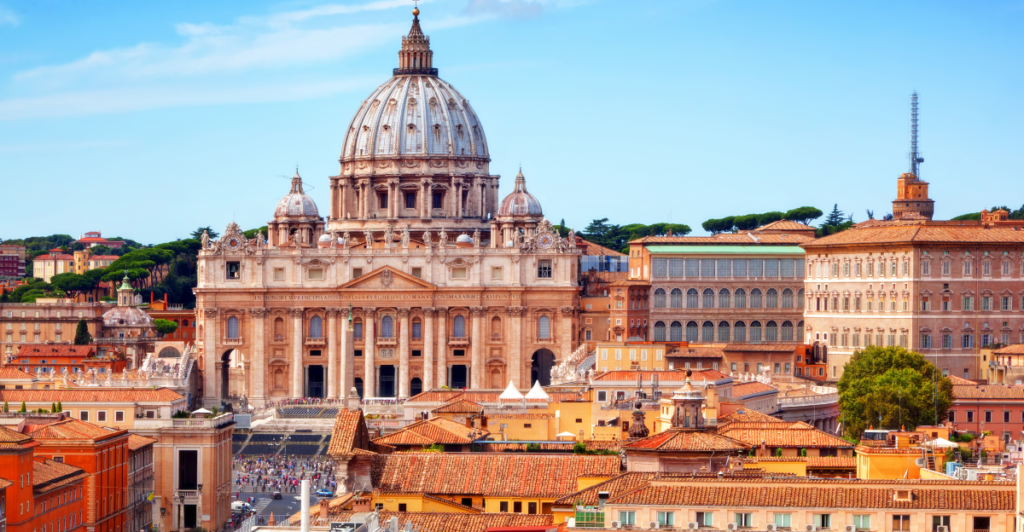
Pope Francis elevated climate activism from science to sacrament. He did not mince words: he insisted that neglecting the world is immoral. He framed the climate crisis in terms of morality—condemning what he termed a “selfish and boundless thirst for power.”
In 2019, he invited fossil fuel executives to the Vatican, calling for action immediately. Blame was not his goal—it was conversion. A change of heart. He asked the faithful: “If we destroy creation, creation will destroy us.”
By casting climate action as an act of love—love for our neighbor, future generations, and all life—he asked believers to make deeper, more courageous choices.
Animals and Creation in His Message
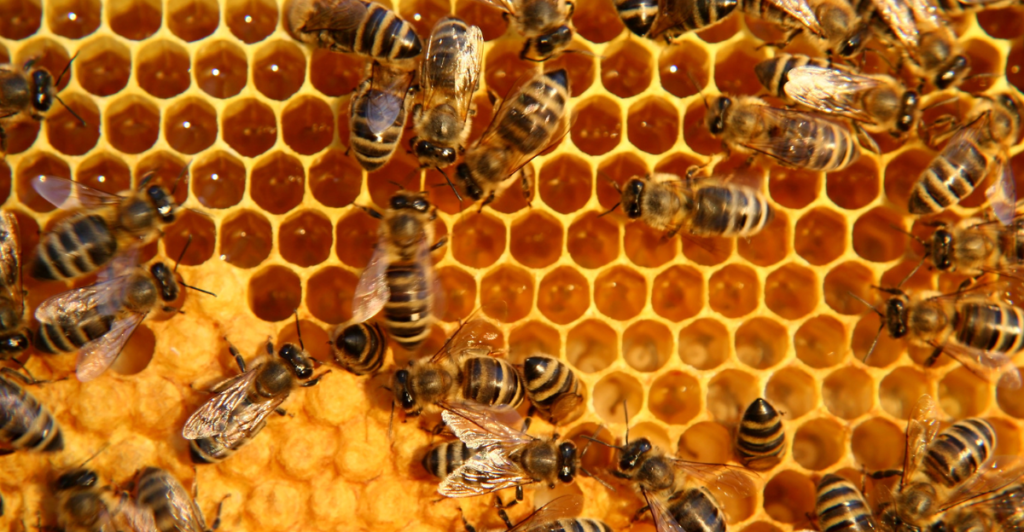
Unlike most global leaders, Francis did not just stop at carbon emissions—he specifically talked about the creatures of Earth. In Laudato Si’, he mourned the extinction of species as the “loss of voices” in the great song of creation.
He urged humans to see animals not as commodities but as fellow beings with value, dignity, and purpose. “Every creature is the object of the Father’s tenderness,” he wrote. His theology places animals not below us, but beside us.
Whether elephants or bees, his view was simple yet revolutionary: they are brothers and sisters in the web of life. A world that treats animals with reverence, he said, is a world that reflects God.
Laudate Deum—His Final Wake-Up Call
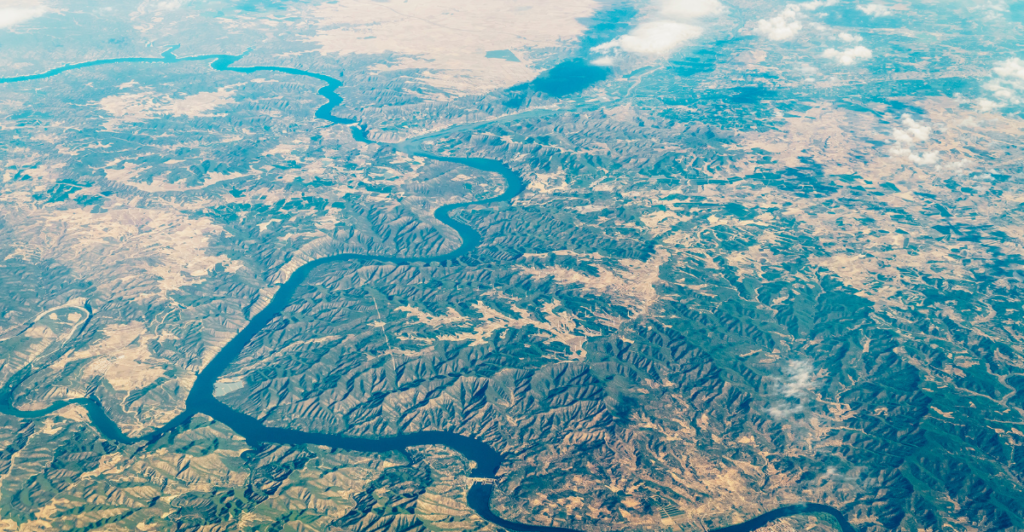
In October 2023, Pope Francis released Laudate Deum (“Praise God”), a powerful follow-up to Laudato Si’. This wasn’t a gentle nudge—it was a spiritual alarm clock. He criticized global inaction against climate promises and assailed “irresponsible lifestyles.”
He stressed that the world is “crying out,” and denounced deniers as spreading “irrational ideology.” Most strongly, he warned that global warming would result in mass death and societal collapse if left alone.
The Pope was older, yet his voice was still firm. Laudate Deum was his final environmental act, a farewell message stating: faith without ecological responsibility is empty.
A Champion of the Poor and the Planet
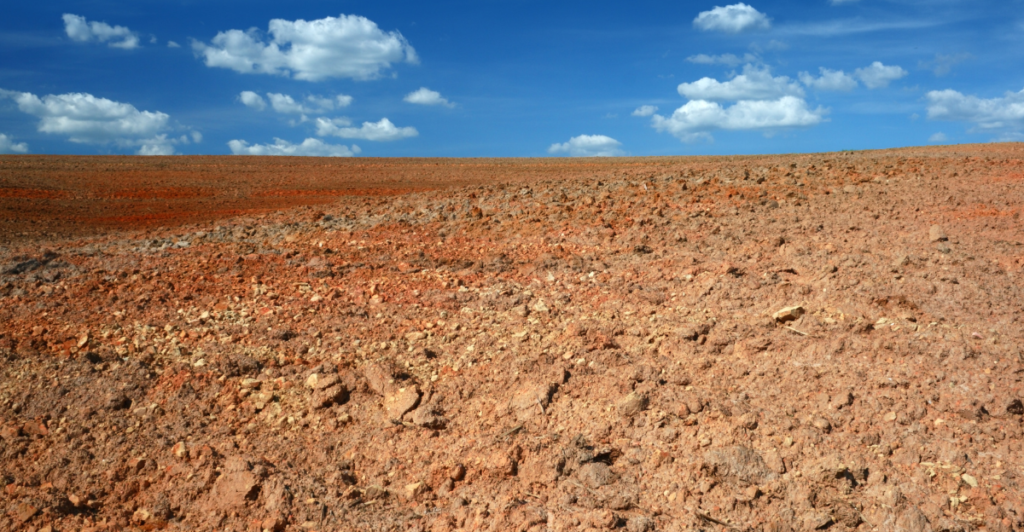
Environmental justice for Pope Francis was inseparable from economic justice. He connected the suffering of Earth’s animals with that of Earth’s poorest humans—those who inhabit floodplains, arid farmlands, or polluted cities.
He referred to it as a “social debt.” Publicly and in writing, he denounced systems across the globe that gain from environmental destruction and advocated for an “economy of the common good.”
He did not merely desire more green policies—he wanted fairer ones. From Bangladesh to the Amazon, Francis was the advocate for communities whose voices were often silenced. His environmentalism was never theoretical—it had names, faces, and places to defend.
Leading by Example in the Vatican
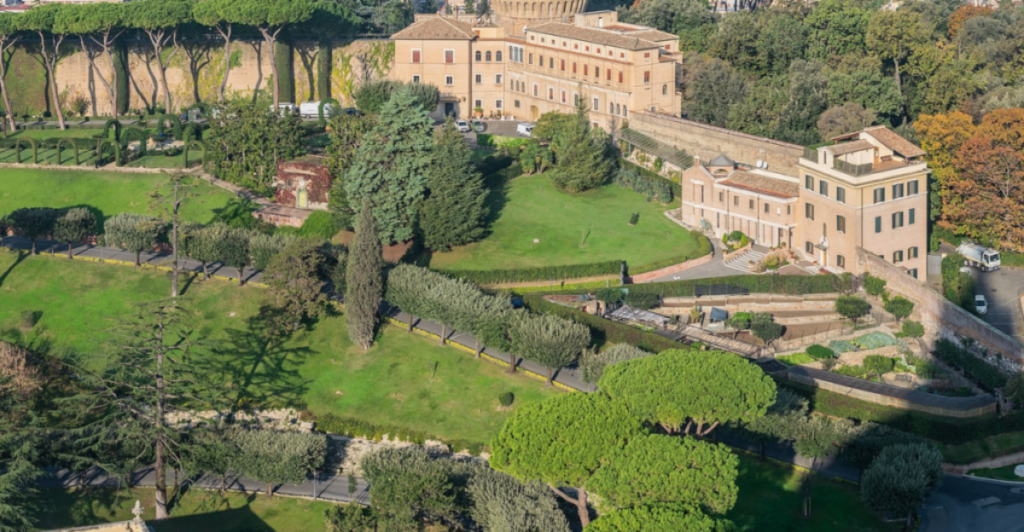
Pope Francis preached sustainability but more significantly practiced it. Under his leadership, the Vatican added solar panels, prohibited single-use plastics, and committed a net-zero emissions goal by 2050.
He made the world’s smallest country a model of sustainable growth. Even the papal gardens were turned into ecological learning spaces. These weren’t token gestures—they demonstrated that religious sites could lead by example.
He demonstrated that it begins at home—even if “home” is the world’s most sacred spot. His papacy taught us that climate action isn’t about perfection. It’s about incremental steps, regret, and responsibility, one step at a time.
The Global Reaction to His Message
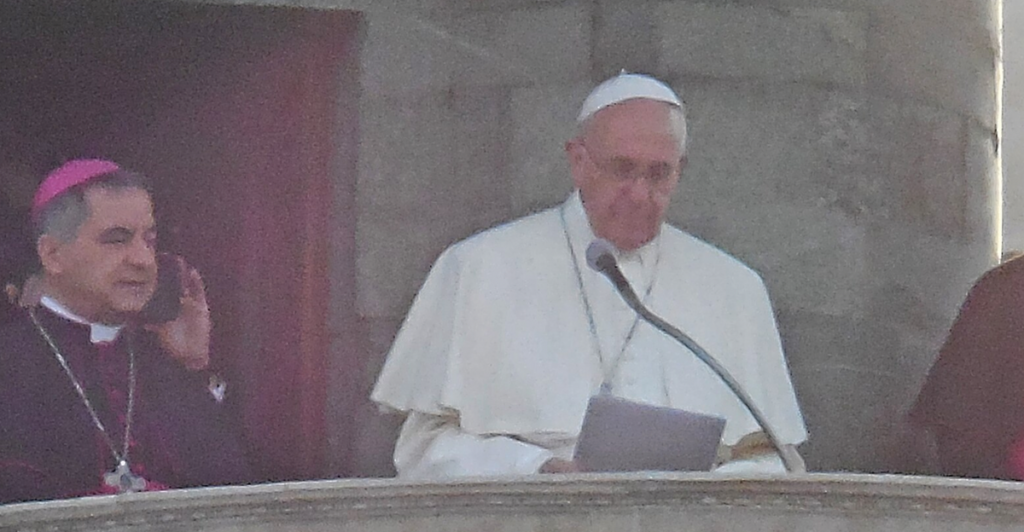
Pope Francis’s climate position generated global praise—and at times, tensions. UN leaders received him as a “towering figure of dignity,” but some political leaders and climate deniers begrudged him.
Even his detractors admitted his power was seismic. Leaders such as Barbados PM Mia Mottley attributed him with bringing moral courage to the climate talks. Activists from all faiths discovered a new kind of ally in Francis—one who honored both their sorrow and their hope.
Tributes poured in after his passing on the 21st of April 2025, stating that he was “a beacon of moral leadership.” His leadership wasn’t political but prophetic. He changed the conversation, and the world was listening.
Lessons for the Future

The Pope’s green legacy is more than just a series of speeches—it’s an instruction manual. He proved that ecology isn’t only about polar bears and trees but about humility, justice, and compassion.
His message still sparks movements—Catholic climate marches, interfaith green coalitions, etc. He taught us that love of creation is a spiritual act.
To those who may look for hope among climate despair, Francis pressed the idea that transformation can only occur if we act together. His call wasn’t for heroes, but for human beings who feel, listen, and respond out of love.
Earth’s Last Blessing
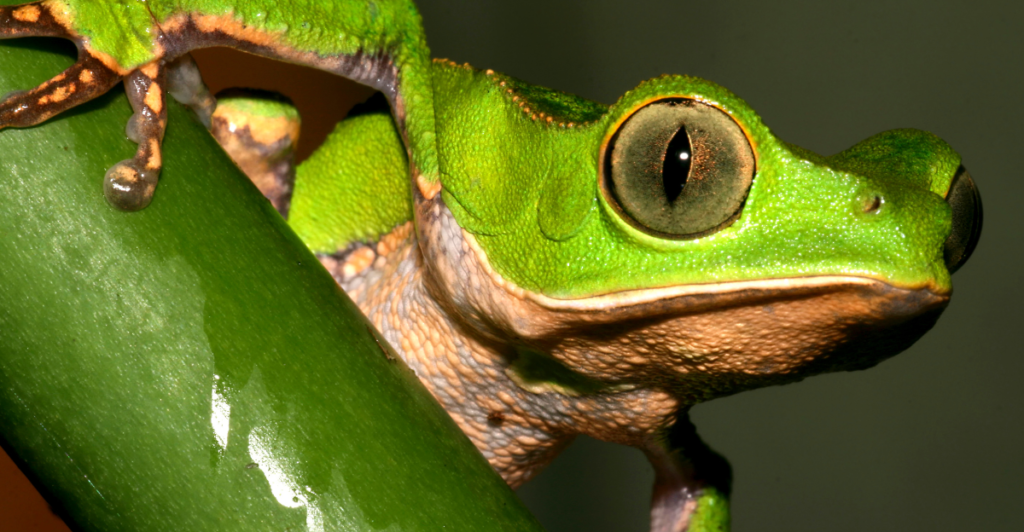
In his last few months, Pope Francis consistently referred to “integral ecology”—a world in which people, animals, and nature are all interconnected as a single body.
He did not envision Earth as a battlefield, but as a cathedral. One to be defended. One to be shared. One to be loved. It was not a message of gloom—it was urgency with hope.
His departure blessing was not limited to believers alone, but also to frogs of Amazonia, Andean ice caps, Filipino children, and birdsong in Rome. His legacy? A reminder that Earth isn’t just where we live—it’s who we are.
Explore more of our trending stories and hit Follow to keep them coming to your feed!

Don’t miss out on more stories like this! Hit the Follow button at the top of this article to stay updated with the latest news. Share your thoughts in the comments—we’d love to hear from you!







